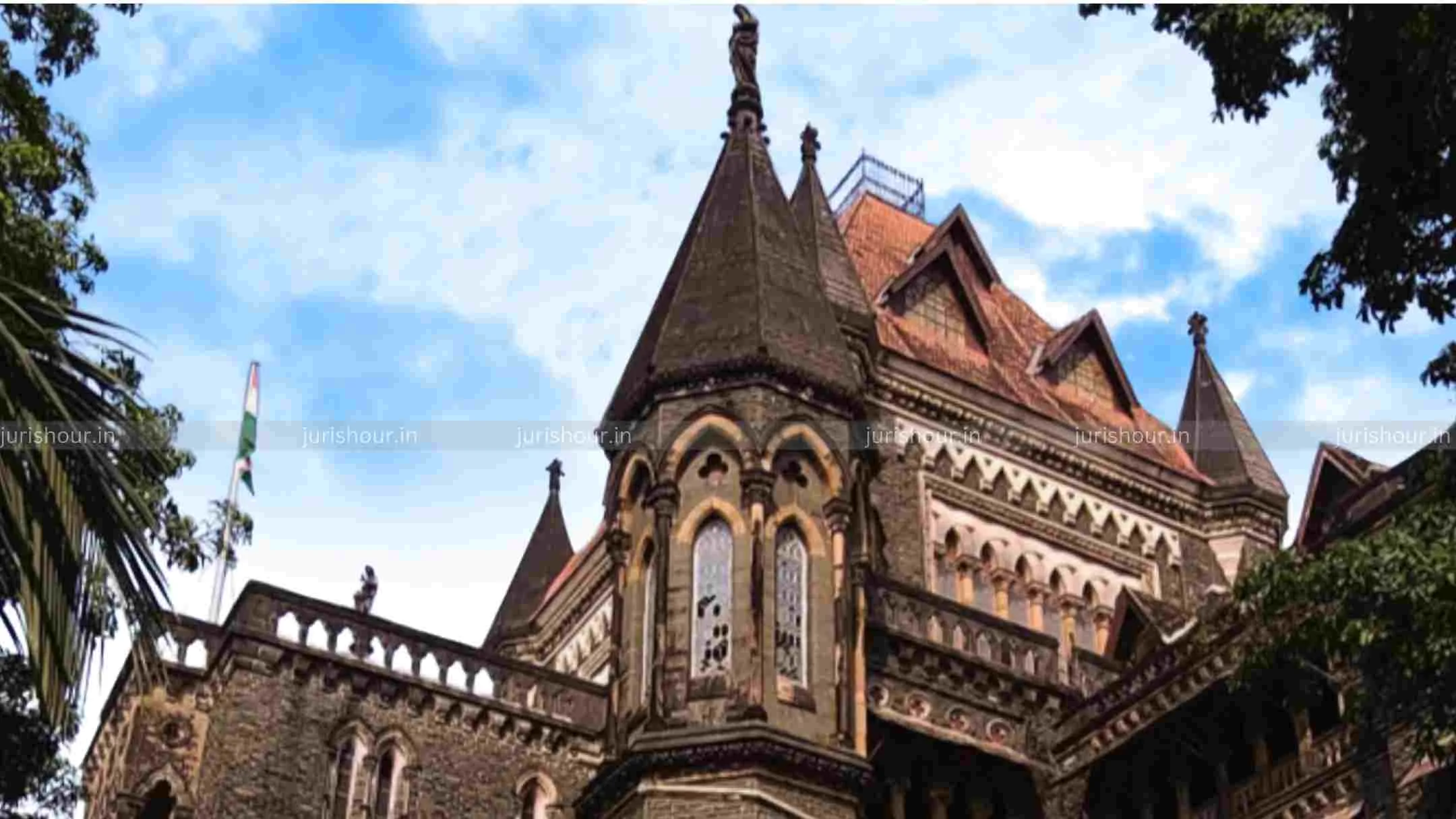Judicial scrutiny over policy reinterpretation may reshape the investment landscape for leisure-focused real estate developments.
In a pivotal interim ruling, the Bombay High Court, Aurangabad Bench has halted recovery proceedings initiated by the State Government against M/s Giriraj Enterprises, which operates a water park project in Maharashtra. The case stems from a contentious reinterpretation of the term “water park” under the 2006 Tourism Incentive Policy, leading to attempts to recover ₹576.90 lakhs as arrears of land revenue—despite the project having received a formal exemption certificate from the Maharashtra Tourism Development Corporation (MTDC).
A Division Bench of Justice Manish Pitale and Justice Y.G. Khobragade noted procedural irregularities in the Collector’s April 29, 2025 order, which followed an audit objection raised by the Accountant General. The audit had contended that the water park did not qualify for exemption under the Entertainment Duty policy. However, the Court found that no proper assessment had been undertaken under Section 4B of the Maharashtra Entertainment Duty Act to substantiate this claim.
Legal Argument Emphasizes Policy Stability
Appearing on behalf of the petitioner, Mr. Abhishek A Rastogi, a leading constitutional lawyer and founder of Rastogi Chambers, highlighted the legal sanctity of the MTDC-issued eligibility certificate, which remains valid until June 2025. He argued that the certificate, issued over a decade ago, had never been questioned or invalidated, and any retrospective reinterpretation would compromise investor trust and create a chilling effect on future private capital infusion in tourism ventures.
“Incentive policies must inspire confidence. A post-facto withdrawal of exemptions not only unsettles existing investments but also introduces unacceptable levels of risk in government-backed development schemes,” Rastogi asserted during the proceedings.
Court Finds Grounds to Intervene
The High Court observed that the Collector’s order failed to qualify as a valid determination under Section 4B, thereby denying the petitioner access to the statutory appeal process under Section 10A. In light of this, the court allowed the matter to be heard through a writ petition, extending interim protection to the petitioner by staying the recovery action.
This development has sparked intense discussion in legal and investment circles, with the ruling seen as a precedent-setting moment for infrastructure and hospitality-linked real estate projects in Maharashtra and beyond.
Industry Reactions: Risk to Capital Certainty
Real estate professionals and legal commentators agree that the unfolding litigation has significant implications for tourism infrastructure financing. The core concern lies in the retrospective reinterpretation of regulatory terms that formed the foundation of large-scale project financing.
“Infrastructure projects in the leisure and hospitality sectors rely on stable regulatory interpretations and continuity in incentives. If eligibility certificates—duly issued under official tourism policy—can be called into question after a decade, it jeopardizes the very basis on which investors conduct their risk assessments,” noted Rastogi in a post-hearing statement.
He further added that such unpredictability, especially for developers in non-metro markets, could delay or derail multiple ongoing and proposed projects, dampening Maharashtra’s ambition to emerge as a premier investment destination for tourism-led real estate.
Broader Policy Questions Emerge
The case is now scheduled for further hearing on August 26, 2025. Until then, stakeholders in the real estate and tourism sectors are expected to monitor the legal trajectory closely, particularly for its potential to redefine the legal contours of government incentive enforceability.
Commentators stress that this episode is not just about a single park’s exemption status but raises fundamental questions about administrative conduct, investor protection, and the integrity of policy-driven economic development frameworks.
As Rastogi aptly concluded, “Predictability and legal certainty are non-negotiable in public-private partnerships. Governments must be held accountable to the commitments they make—especially when private enterprise has acted in good faith and built public-facing assets on the strength of those promises.”
Case Details
Case Title: M/s Giriraj Enterprises Versus State Of Maharashtra
Case No.: Writ Petition No. 8284 Of 2025
Date: 16th July, 2025
Counsel For Petitioner: Abhishek Rastogi
Counsel For Respondent: Abhinay Khot

